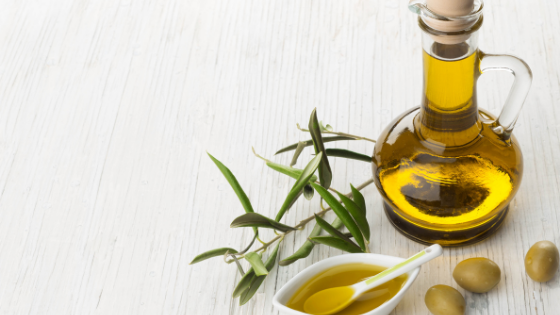A Detailed Guide to Olive Oil: Health Benefits, Nutrition Facts, Other Uses, and More
Olive oil is a staple in the Mediterranean diet and has been consumed for thousands of years. It is made from pressed olives and is one of the healthiest oils you can add to your diet. In this article, we will discuss the health benefits, nutrition facts, and other uses of olive oil.
Health Benefits of Olive Oil:
- Heart health: Olive oil is high in monounsaturated and polyunsaturated fats, which can help to reduce the risk of heart disease.
- Antioxidant properties: Olive oil is high in antioxidants, which can help to reduce inflammation and protect against oxidative damage.
- Cancer prevention: Some studies suggest that consuming olive oil may help to prevent certain types of cancer, such as breast cancer.
- Brain health: Olive oil is rich in healthy fats that are important for brain health and may help to reduce the risk of cognitive decline.
- Weight management: Olive oil is high in healthy fats, which can help to promote feelings of fullness and reduce the risk of overeating.
Nutrition Facts of Olive Oil:
One tablespoon of olive oil (13.5 grams) contains:
- Calories: 119
- Fat: 13.5 grams
- Saturated Fat: 1.9 grams
- Monounsaturated Fat: 9.9 grams
- Polyunsaturated Fat: 1.4 grams
- Vitamin E: 10% of the Daily Value (DV)
Other Uses of Olive Oil:
- Cooking: Olive oil is a great oil for cooking, as it has a high smoke point and a mild flavor.
- Salad dressing: Olive oil makes a great base for salad dressings and can be combined with vinegar, lemon juice, or herbs for added flavor.
- Skincare: Olive oil can be used as a natural moisturizer for the skin and is often used in skincare products.
- Haircare: Olive oil can be used as a natural conditioner for the hair, as it can help to hydrate and add shine.
Cautions:
- Quality: Not all olive oil is created equal. It is important to choose high-quality, extra virgin olive oil, as lower quality oils may be diluted with other oils or contain harmful substances.
- Allergy: Some people may be allergic to olive oil, and may experience symptoms such as hives, itching, or difficulty breathing.
- Storage: Olive oil should be stored in a cool, dark place to prevent it from going rancid.
Wellhealthorganic.Com:11-Health-Benefits-And-Side-Effects-Of-Olives-Benefits-Of-Olives
In conclusion, olive oil is a healthy and versatile oil that can be used for cooking, salad dressings, skincare, and haircare. It is high in healthy fats and antioxidants, and has been shown to have many health benefits. When choosing olive oil, it is important to choose high-quality, extra virgin olive oil, and to store it properly to prevent it from going rancid. By incorporating olive oil into your diet and skincare routine, you can support your overall health and well-being.
